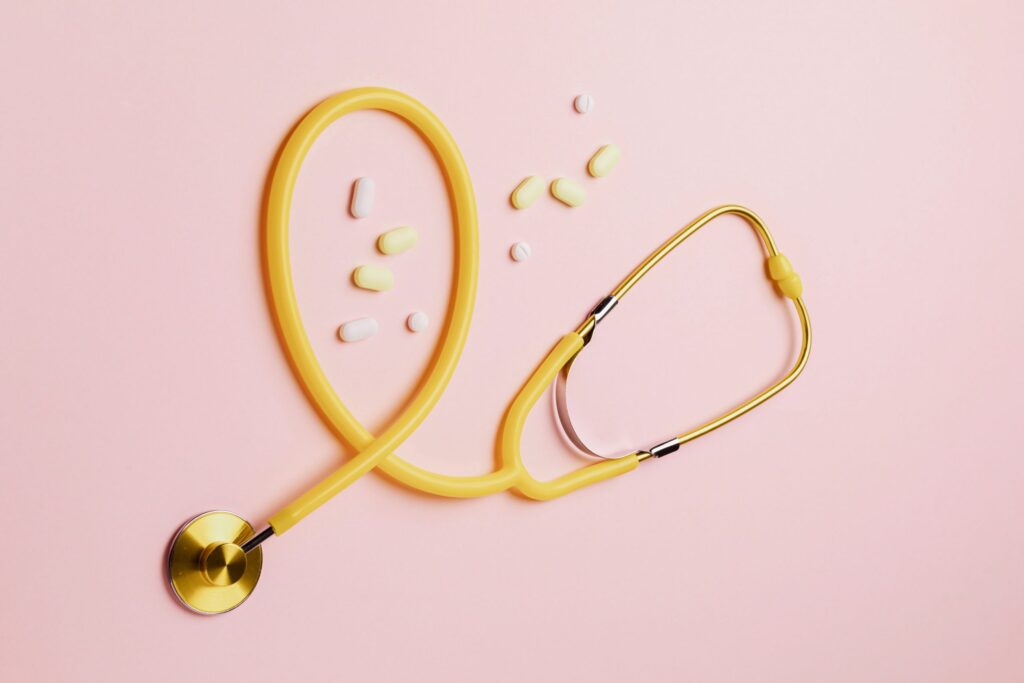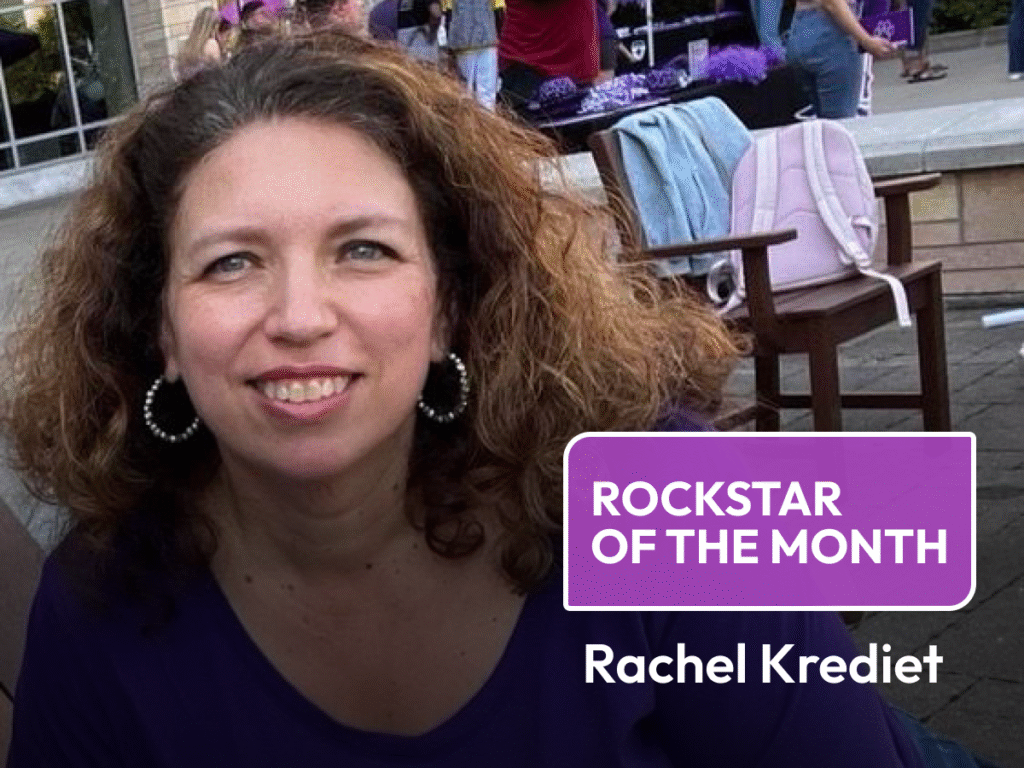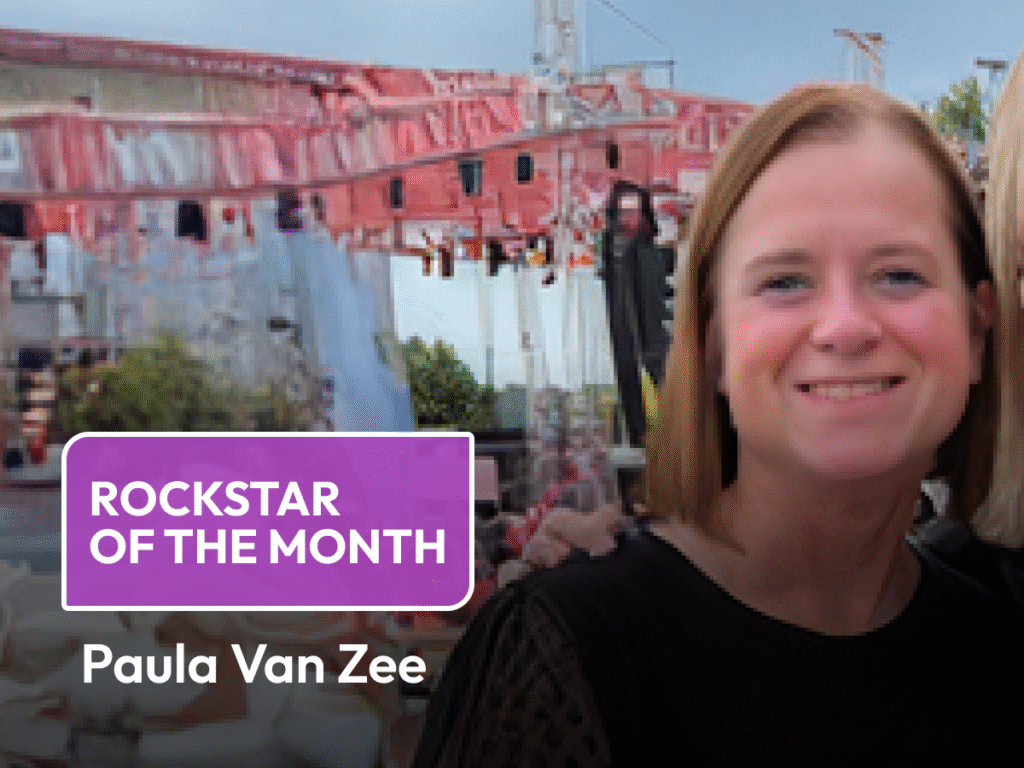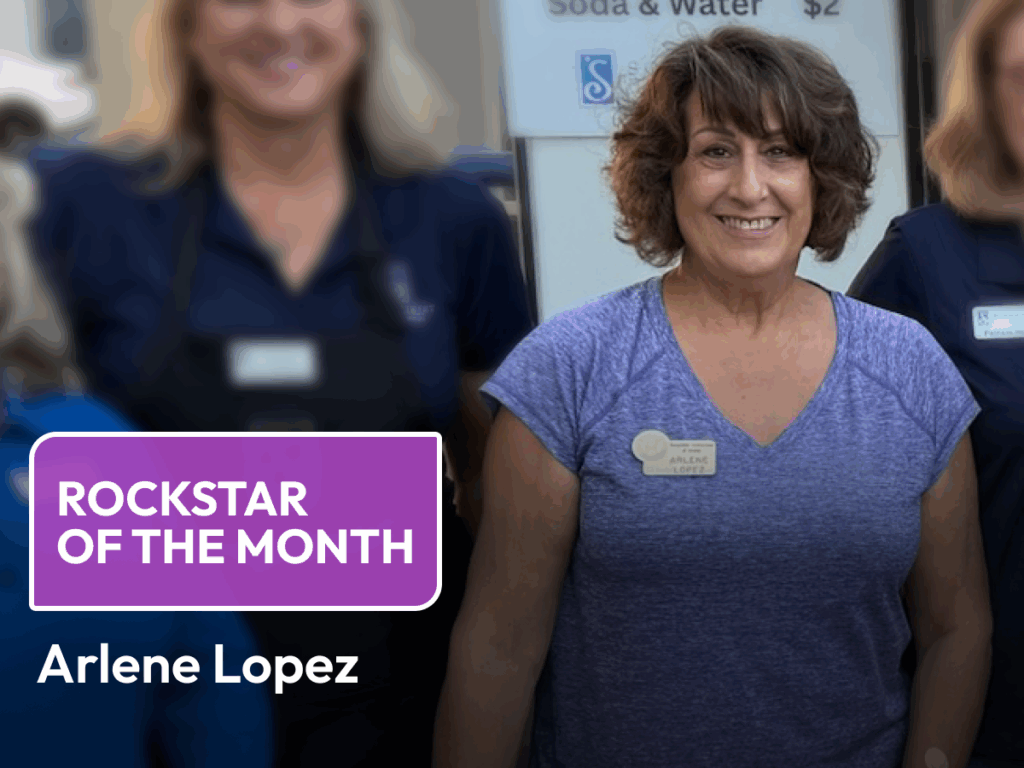Why You Need Vitamin D
Vitamin D is, well – vital. It’s a nutrient that helps you maintain strong bones by promoting calcium absorption from food and supplements. It’s also important for muscle and nerve function, regulates your immune system, and plays a part in cell growth and reduction of inflammation. Trust that it’s important!
Where It Comes From
Your body generates vitamin D when skin is exposed to direct sunlight. You may have heard that sunlight contains UVA and UVB rays. These two kinds of ultraviolet light are commonly known to cause skin damage if you over-expose unprotected skin – UVB causes sunburn and UVA penetrates deeper, causing tanning. But there’s a brighter side: when UVB rays hit your skin, it produces a vitamin D precursor known as vitamin D3. Then, your liver and kidney(s) transform this precursor into active vitamin D.
Why You’re Probably Not Getting Enough
In modern times, much of life (especially now) is lived indoors. Many people can’t go outside enough to get the sunlight they need. And UVB rays don’t penetrate through glass, so time spent driving or sitting by a sunny window doesn’t help. People have also wisely grown more wary of skin cancer and regularly apply sunscreen, which protects the skin from sunburn but also limits UVB absorption. (But don’t throw out your sunscreen! More on that later.) Additionally, because very few foods naturally contain high levels of vitamin D, it can be difficult to get the proper amount through diet alone.
Certain factors also put you more at risk for vitamin D deficiency:
Having darker skin, because melanin protects the skin from UV radiation and reduces the amount of UVB that is able to penetrate.
Age, because mature skin generates less vitamin D precursor, and older adults’ kidneys are less able to convert vitamin D to its active form.
Having a health condition relating to how their bodies handle fat, such as Crohn’s disease or celiac disease, because vitamin D needs fat to be absorbed.
Obesity. Although the connection between obesity and lower levels of vitamin D is well-established, the underlying mechanism is disputed, but it is possibly due to excess body fat binding to some vitamin D, preventing it from entering the bloodstream.
Don’t panic – your doctor will be able to tell you if your vitamin D levels are dangerously low (and probably would have told you by now if they were). Plus, there are easy ways to boost your vitamin D levels, and feel great doing so.
How to Get More D-lightful Vitamin D
Sun Exposure
The easiest and best way to get vitamin D is to get out in the sun. (But not too much!)
Well, how much sunlight is enough? There is no perfect rule of thumb that works for everyone everywhere. That’s because the sunlight’s intensity can change a lot depending on where you live, which season it is, time of day, amount of cloud cover, and other factors. Furthermore, the melanin content in your skin and whether or not you’re wearing sunscreen will also have an effect on your vitamin D synthesis.
To give you a rough idea, some researchers recommend “approximately 5–30 minutes of sun exposure between 10am and 3pm at least twice a week to the face, arms, legs, or back without sunscreen.”
Here in the Bay Area, we’re lucky enough to have an abundance of sunny days. You can try aiming for 15 minutes of direct exposure each day, and adjust from there. Maybe less in the summer, more in the winter or if you have darker skin, or for longer periods of time while wearing sunscreen. Try sitting by an open window in a sunny spot, or incorporating a short walk around your neighborhood into your daily routine.
And remember, too much sun exposure adds up over many years and damages your skin, worsening various skin problems like dryness and wrinkles, and putting you at increased risk of skin cancer. Sunscreen protects your skin from these harms, and doesn’t filter out 100% of UV rays, so it’s still crucial to apply for extended periods of time in the sun. Avoid tanning beds and listen to your body. If your skin starts to feel uncomfortably hot during exposure, is getting sunburnt, or is freckling a lot, try something different!
Food
The guideline in the US is 15 micrograms of vitamin D a day for most people (ages 1-70). For older adults (over 70), 20 micrograms is recommended. The best sources of vitamin D in American diets are fatty fish such as salmon, tuna, and mackerel. According to the NIH, one serving (3 ounces cooked) of sockeye salmon fulfills around 70% of your daily need, and a serving of rainbow trout fulfills around 80% (but of course, this is a general guideline and may not be right for you). In addition, many foods such as milk, plant-based milk substitutions, and breakfast cereals are fortified with vitamin D – check the nutritional facts on the packaging, and remember that recommended intakes of vitamin D assume you regularly experience limited sun exposure. You can always speak to your dietitian or doctor for customized help.
Supplements
If you’re not able to get enough sunlight or food rich in vitamin D, supplements may be able to help. Most supplements contain vitamin D precursors D3 (as mentioned before) or D2 – both will increase the vitamin D in your body, but D3 is more effective at doing so. For a natural supplement, you can try taking 1-2 teaspoons of cod liver oil daily – look for a brand that is cold processed. And of course, you can always speak to your dietitian or doctor for customized help.
How much is too much?
Thankfully, you will not overdose on vitamin D from too much time in the sun, and it is very unlikely to overdose from food. If you choose to take supplements, follow the recommendations on the packaging or as directed by your doctor/dietitian.
Vitamin D and COVID-19
There have been some recent studies and news articles linking vitamin D deficiency with worse outcomes for people infected with COVID-19. However, like all things COVID, it’s important to take the things you read with a grain of salt. Eye-catching studies and articles are often published without a robust body of evidence to back them up, and the conclusions they draw should not be mistaken for sound, personalized medical advice. Do your research, and remember that your best defense is still to keep up all the recommended social distancing guidelines, and to maintain your general health by doing the things you already know (managing your diet, exercise, stress levels, and sleep). But getting a little more sunshine probably won’t hurt!



